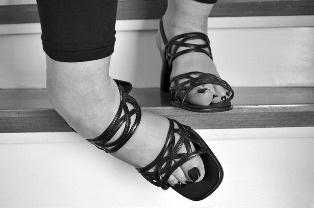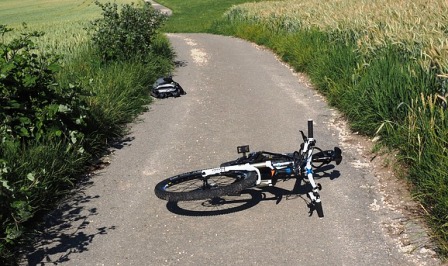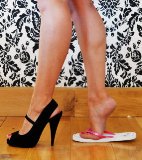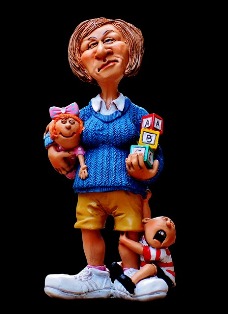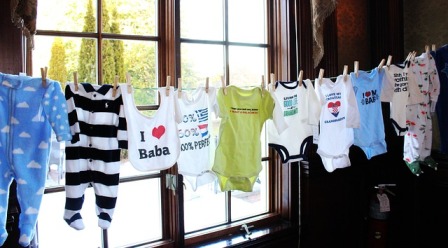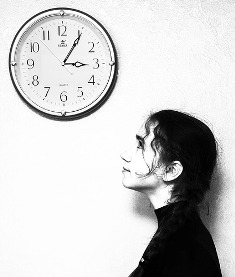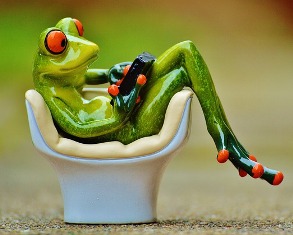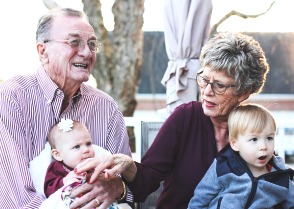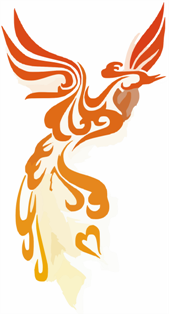The Need for Poetry Never Ends
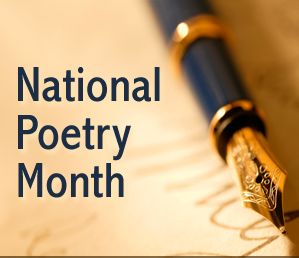 The Need for Poetry Never Ends
The Need for Poetry Never Ends
National Poetry Month ends today and while some may be letting out a sigh of relief, it is worth reminding ourselves that poetry serves a purpose in civilization and lives well beyond the April Madness every year. I believe our need for poetry never ends because it serves as witness of societies flaws and struggles and then gives voice to the observations. We see ourselves in ways we do not in other mediums.
Forbes Magazine has long highlighted poetry with responsibility. Take for example an article Jul 9, 2010 about Poetry and Pollution. The newly announced poet laureate W.S. Merwin wrote of ecological disasters. But Merwin is by far not the first to use his pen and write with a “social responsibility.”
In literature, where we seek social justice, first you have to understand what is meant by social responsibility. The best definition I ever read was, “the awareness of social injustice, from the local to the global, necessitates specific actions to combat those injustices. In other words, social responsibility and social activism are inextricably intertwined; once aware of the injustice, one is morally obliged to act.” (Naomi Benaron, author, 2012).
For fiction writers, there is a long history of literature intertwined with a need to highlight social responsibility and therefore find social justice. From Quixote, Dickens, and Austin through more current folks like Parsipur, Merwin, and Lucia Mann, there is a compelling need for writers to seek answers in the darkness and to speak out with authority whenever possible to shine light, right wrongs, and seek betterment for their lives, societies and countries.
 But what of the poet? What makes the poet separate from the fiction writer? And are they more or less powerful with the pen?
But what of the poet? What makes the poet separate from the fiction writer? And are they more or less powerful with the pen?
I think it begins with a belief that social responsibility begins with children. What better way to send a message than a poem that one can learn, recite, and then remember forever? Besides understanding how poetry has always been a voice in the dark, then discovering those lights shows us how much social injustice has been highlighted in poetry.
Once Chinese immigrants were incarcerated at Angel Island, California during the early 1900s. They wrote their poetry on the walls, despite being told not to. Their poetry filled the halls of their prison and became known as the “talking walls.” From these walls, we learned of their belief in a right to freedom. And that they believed no one has the right to restrict their right to protest injustice. Their poetry was a powerful tool. Here is a short quote from one of the Chinese poems:
“For days I have been without freedom on Island.
In reduced circumstances now, I mingle with the prisoners.
Grievances fill my belly; I rely on poetry to express them.”
The beautiful language highlighted the impoverished conditions and sparked a need for a more fair and just society.
Another desirable aspect of poetry is its ability to present ideals and stress a position, to step off neutrality without the ugliness. There is a responsibility in our country to propose freedom and democracy. Political dictators and oppressionists have attacked these sorts of poets because they find social injustice poetry to be dangerously seditious. Which is exactly why I – and so many others — find it powerful.
Those young Chinese poets also did not take their use of poetry lightly. There was nothing common or funny about the literary tool. In their culture, poetry is the preferred method for highlighting social injustice. This is what makes their “talking walls” so important, that they leaned on their culture as they sought to expose social injustice. It also comforted them, giving something familiar. Here is a sample of one in translation. From the Angel Island bathroom wall:
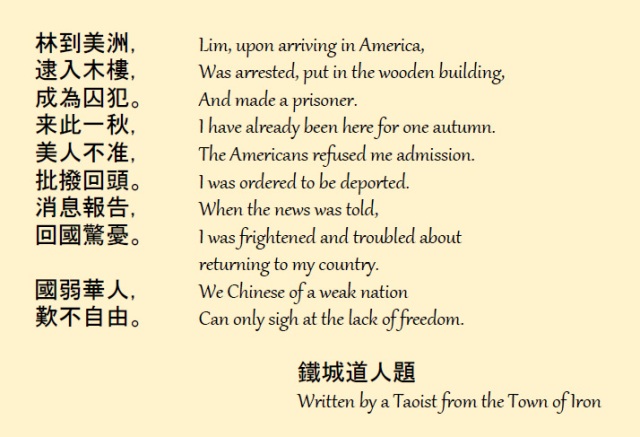
Most of all, I think the power of poetry exposing social injustice comes in humanizing issues and reaching people on an emotional level. Poetry allows us to gently empathize, find common ground, and to make what is scary or heinous more touchable. Again, it starts with children, learning to deal with social isolation, bullying, differences, and finding understanding in diversity. Shel Silverstein and Dr. Seuss did it for children and made topics easily remembered. Maya Angelou made it easy for adults to understand and want to do better.
This was exactly my thought when I wrote my third book of poetry, The Book of Now. Not that it could be for children, because truthfully it is too harsh for little kids. But that I can cover terrorism, bullying, abuse, political bigotry and so many other harsh and divisive issues while pointing out the need for and the power of diversity, compassion, and knowledge.
Today’s important poets have shown me the way. From Swiss poet Daniele Pantano, Harlem Renaissance poet Langston Hughes, to past U.S. Poet Laureate Juan Felipe Herrera, poetry ignites the issues and sparks a need for change. And these changes may simply be in how we view an issue, more enlightened, more open-minded, more resolved.
I certainly don’t expect to remake the world or create a tsunami of change. However, with my poetry, I want others to see subtleties, discover new emotions, and open dialogues of change. There are controversial issues in The Book of Now. We have to be fearless and open-minded if we are going to make this world a better place. Poetry is my way of highlighting social injustices and directing where our social responsibility might be. I think poets make the unpalatable more digestible, because they do it with compassion inside their honesty. I hope I did the same.
I contend that poets believe in possibilities. Like me, The Book of Now does, too. I hope the message resonates with some of you and that you will take up the banner against the social injustices highlighted in The Book of Now. Join an illustrious population of people striving for a better world.
Poetry remains one of the most steadfast literary necessities no matter your age, sex, color, race, ethnicity, orientation or creed. Poetry reminds us who we are, where we have been, and how we might face the future together.
Just because the National Poetry Month is over doesn’t mean poetry should end. In fact, I’m hoping we never bring about such a horror and instead, realize the important role poetry plays in the world.

_________________________________
Thanks for coming by! Next month, more on the new book, character insights, writer tips and surprises! Don’t forget to sign up for my newsletter while you’re here (right margin).
I remain, Yours Between the Lines,
Sherry







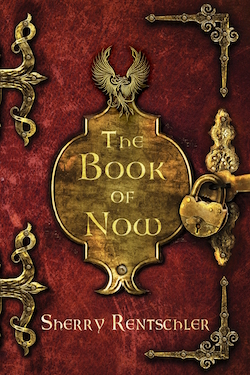








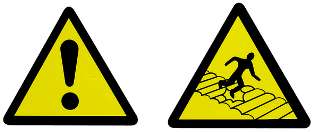
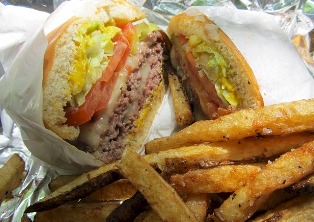
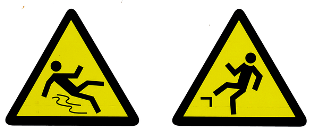
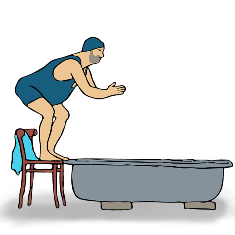 2. Hand rails are your friends. Nothing wrong with giving yourself an aid. Install a handrail (no plastic or PVC – get bronze or chrome over steel) at waist level. So that the average person in the shower (sorry all you people 6 feet tall and over), reaches with a slightly bent elbow at waist level. Should there be a slip, you have something real and firm to grasp that won’t pop out of the wall.
2. Hand rails are your friends. Nothing wrong with giving yourself an aid. Install a handrail (no plastic or PVC – get bronze or chrome over steel) at waist level. So that the average person in the shower (sorry all you people 6 feet tall and over), reaches with a slightly bent elbow at waist level. Should there be a slip, you have something real and firm to grasp that won’t pop out of the wall. 
